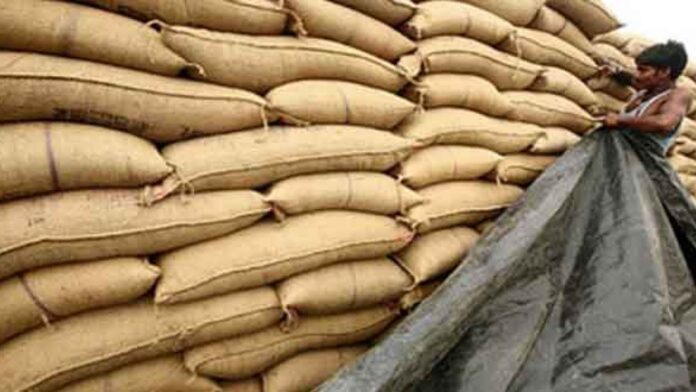The aftermath of the wheat import controversy involving the caretaker government is still unresolved, prompting traders to advocate for the government to authorize the export of wheat and its derivatives.
According to Muzammil Chappal, Chairman of the Cereal Association of Pakistan (CAP), Pakistan currently holds a surplus of 3.9 million tonnes of wheat. He has appealed to Prime Minister Shehbaz Sharif to permit immediate export, citing the country’s substantial stockpile of 36 million tonnes (comprising 31.4 million tonnes from local production and 4.6 million tonnes carried over from previous years), which exceeds the annual consumption of 32 million tonnes.
Chappal emphasized that allowing wheat exports would benefit farmers by ensuring better prices, which they have struggled to secure thus far. He communicated to the Ministry of National Food Security and Research that, based on estimated freight rates, exporting 500,000 tonnes of wheat could generate $140 million, while exporting 250,000 tonnes of maida and fine flour each could potentially earn $87 million, assuming an FOB rate of $350 per tonne.
He suggested that the ministry specify the quantity and timeframe for these exports, noting that CAP members are prepared to facilitate sales to potential buyers in neighboring countries.
Highlighting the urgency, Chappal pointed out that Pakistan’s optimal window for securing favorable export prices is typically from June to August.
Earlier this year, following approval from the caretaker government, Pakistan’s private sector imported 3.536 million tonnes of grain from Russia and Ukraine, incurring a cost exceeding $1 billion between September 2023 and April 2024.




